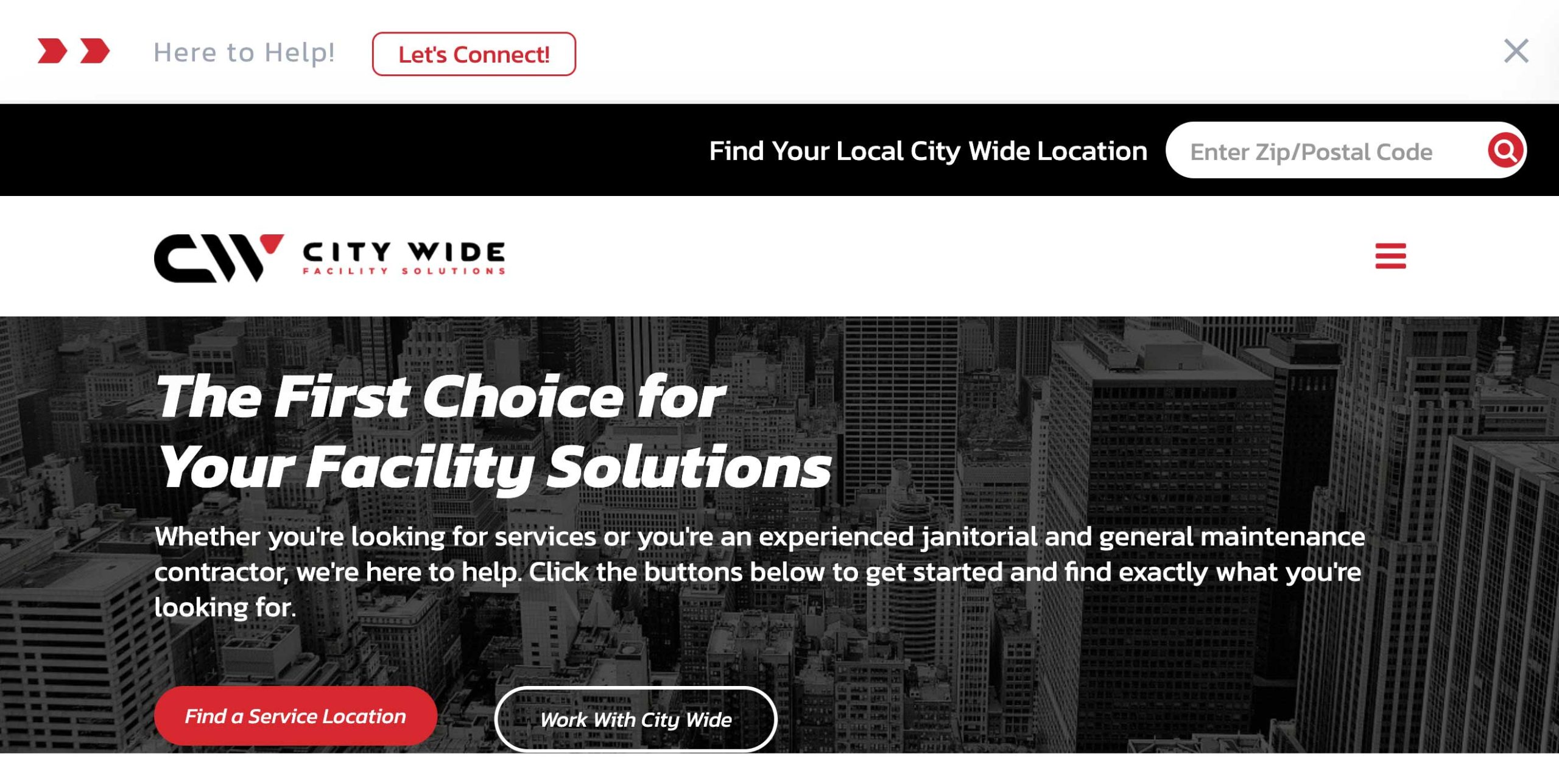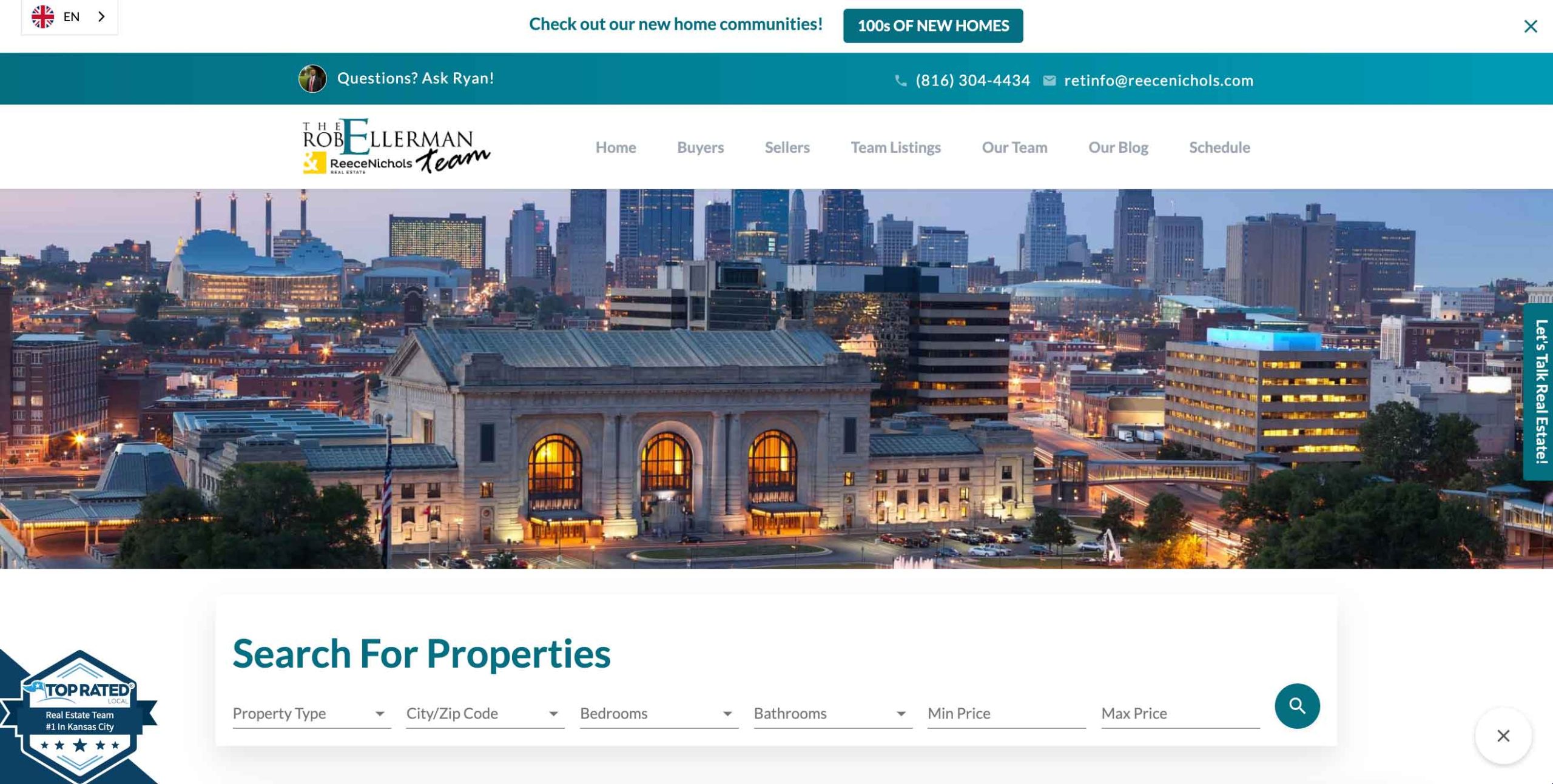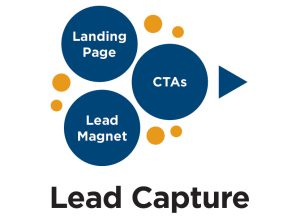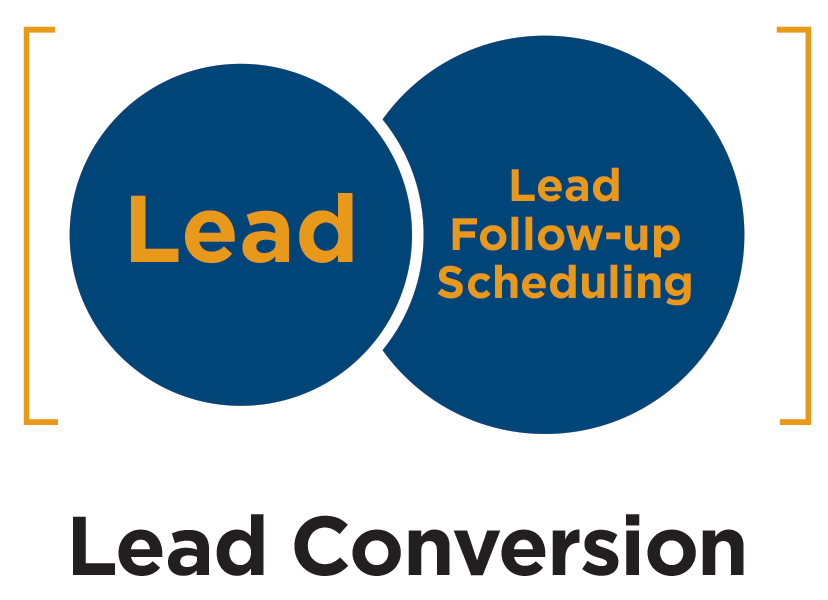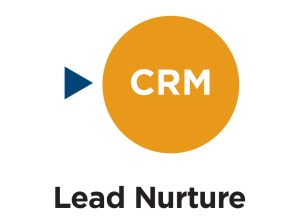In the fast-paced, digital age we live in, you might think cold calling is as outdated as a rotary phone. Yet, it’s a vital skill for independent insurance agents to master.
The trick is turning those cold calls into warm conversations. It’s not always about making the sale; it’s about establishing rapport, building trust, and providing value.
How do you do that? Well, that’s a discussion worth having, isn’t it?

Understanding the Basics of Cold Calling
Before diving into the nitty-gritty of cold calling strategies, it’s essential for you to grasp the foundational basics of cold calling. At its core, cold calling is more than just a sales pitch; it’s a psychological dance. Understanding call psychology is a crucial first step. It’s about recognizing that every conversation involves two humans. You’re not just selling a product; you’re creating a connection.
The person on the other end of the line has needs, emotions, and motivations, just like you. They might be busy, skeptical, or even downright hostile. Your job is to navigate these emotions and build rapport. This isn’t about manipulating or tricking people. It’s about genuine connection and communication.
Rapport building is an art. It’s about showing empathy, listening attentively, and finding common ground. It’s about proving that you’re not a heartless sales machine but a person who genuinely cares about their needs. Be patient, be genuine, and be respectful.
Essential Preparation Before the Call
Now that you understand the importance of building rapport and empathy, let’s discuss the steps you need to take to prepare before making that cold call. Your success largely depends on how well you’ve prepared. So, here are the key steps to take:
- Prospect Research: Don’t go in blind. Learn as much as you can about your prospect. What’s their background? What kind of insurance do they currently have? What might they need? This knowledge will help you personalize your call and connect with the prospect on a deeper level.
- Call Scheduling: It’s not just about what you say, it’s also about when you say it. Time your call appropriately. You’re more likely to reach your prospect and have a productive conversation during their downtime. Avoid calling at peak business hours.
- Prep Your Pitch: While we won’t delve into crafting your sales pitch just yet, it’s essential to have a rough script ready. This isn’t about reciting lines, but about being prepared to guide the conversation in a way that highlights the value you offer.

Crafting Your Effective Sales Pitch
Crafting an effective sales pitch is an art that can significantly boost your success rate when cold calling. Understand that it’s not solely about the product you’re selling but also about the person on the other end of the line. That’s where pitch personalization comes into play. It’s essential to tailor your pitch to fit each potential client’s unique needs and perspectives. Doing a little research beforehand can help you identify your prospect’s pain points and tailor your pitch accordingly.
Moreover, you’ve got to convince your prospects that your insurance policies are solutions to their problems. Your pitch should highlight the benefits and value of your offerings, not just the features. Always remember, benefits sell, not features.
Additionally, a sales pitch is incomplete without a call to action. This means you need to guide your prospects towards the next step. Whether it’s scheduling a follow-up call, setting an appointment, or directing them to your website for more information, the call to action should be clear, compelling, and easy to follow.
Master these elements, and you’re on your way to crafting a winning sales pitch.
Overcoming Common Cold Calling Objections
Tackling objections head-on can significantly enhance your cold-calling success as an independent insurance agent. You’ll often encounter resistance; it’s part of the game. But with the right objection handling techniques, you can turn these objections into opportunities.
- Empathize and clarify: Emotional intelligence in sales is crucial. Understand your prospect’s concerns and make sure you’re addressing the real issue. Don’t just hear, listen. For instance, if a client says, ‘I’m not interested,’ probe a bit more. It could be that they don’t understand your offering or see its value.
- Present facts: Counter objections with clear, concise information. If a prospect is worried about cost, show them how they’ll actually save money in the long run with your insurance plan.
- Confirm Understanding: After addressing an objection, confirm that the prospect understands your explanation. Clarify any lingering doubts.

Tracking Progress and Improving Techniques
After you’ve honed your objection handling skills, it’s important to consistently monitor your progress and refine your cold calling techniques to ensure optimal performance. Performance analytics can provide valuable insights into the effectiveness of your techniques. By tracking call duration, response rates, or the number of follow-ups required, you can identify areas for improvement.
Technique optimization is the next step. You might need to modify your script, adjust your tone, or alter your timing. Don’t be afraid to experiment with different approaches until you find what works best for you.
Here’s a simple table to help you monitor your progress:
| Performance Metric | Tips for Improvement |
|---|---|
| Call Duration | Try to keep the call concise yet informative |
| Response Rates | Modify the script to better engage the prospect |
| Follow-ups Required | Improve the initial call to reduce the need for follow-ups |
| Objection Handling | Practice and refine your responses to common objections |
| Conversion Rates | Focus on quality over quantity of calls |
Frequently Asked Questions
How Can I Maintain Motivation During a Series of Unsuccessful Cold Calls?
Maintain motivation during unsuccessful cold calls by mastering rejection management. Use positive reinforcement, celebrating each call as a step closer to success. Don’t view ‘no’ as failure, but as an opportunity to learn and improve.
What Are Some Efficient Ways to Manage My Time and Schedule During a Day of Cold Calling?
To manage your time during a day of cold calling, you’ll need effective call preparation and script optimization. Organize your calls, prepare your scripts, and don’t forget to take short breaks to maintain focus.
How Can I Deal With the Anxiety or Fear of Cold Calling?
To handle cold calling anxiety, you’ve got to master rejection management. Don’t take hang-ups personally. Use them as confidence building experiences. Remember, each ‘no’ you get brings you closer to a ‘yes’.
Are There Any Specific Personality Traits That Can Make One More Successful at Cold Calling?
Yes, successful cold calling often requires certain personality traits. You’ll need confidence, persistence, and great communication skills. However, don’t worry if you’re lacking in these areas, trait development and managing your salesperson’s temperament can greatly help.
What Are Some Recommended Strategies for Following Up After a Cold Call?
After a cold call, it’s crucial that you follow up. Use well-crafted call scripts to maintain engagement. Improve your objection handling skills to address concerns effectively. Remember, persistence and good timing play key roles.
Conclusion
Keep track of your progress and always look for ways to improve. As an independent insurance agent, your success depends on your persistence and skills in cold calling.
So, you’ve got the tools for mastering the art of cold calling. Remember, preparation is key. Craft a compelling sales pitch, and don’t let objections deter you.
Keep pushing, keep refining, and soon, you’ll see those leads convert into valuable clients.


